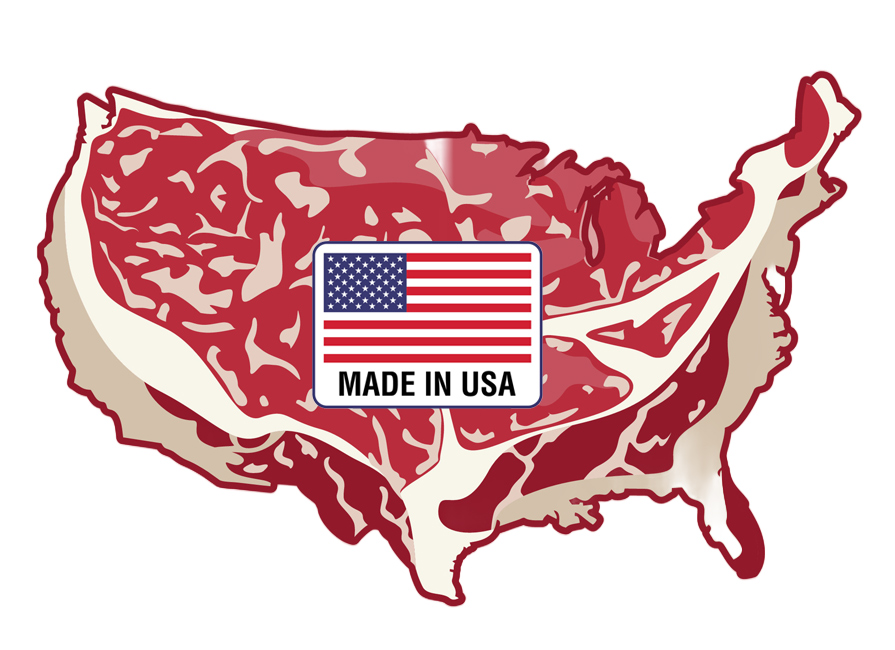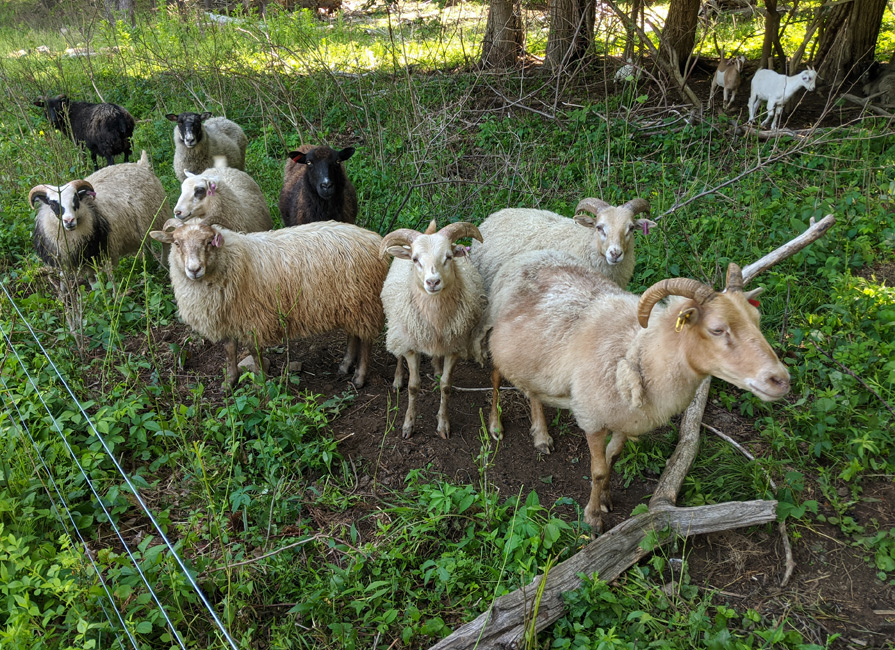In today's increasingly food-conscious world, consumers expect a label to mean what it says—including the…
The Defense of the Indefensible
 “The truth will out” – no matter how hard you try to discredit or disregard it. That’s certainly what the industrial meat lobby is finding when it comes to the human health implications of the overuse of antibiotics in intensive livestock farming.
“The truth will out” – no matter how hard you try to discredit or disregard it. That’s certainly what the industrial meat lobby is finding when it comes to the human health implications of the overuse of antibiotics in intensive livestock farming.
For while they desperately fight a rearguard action to counter growing public concerns over intensive livestock production, yet another independent scientific study has proved that resistance to antibiotics is on the increase in intestinal bacteria in animals as a direct result of antibiotic treatments.
In her doctoral research at the Norwegian School of Veterinary Science, Anne-Mette R. Grønvold looked at the impact of antibiotic treatments on bacteria in the intestines of animals. Grønvold found that resistance to antibiotics is on the increase in intestinal bacteria in animals as a direct result of antibiotic treatments. She found that antibiotic resistance can spread between ordinary intestinal bacteria and disease-producing bacteria, and between bacteria from animals and bacteria from humans. Acknowledging that antibiotics are “essential to treat infections,” she states that it is important to use antibiotics in the correct way and “only when necessary” in order to minimize the problems of resistance and to ensure that the antibiotics available still work when they are needed.
The intensive livestock industry is coming under increasing public and media scrutiny, particularly following Katie Couric’s recent CBS news stories and the likes of the Oscar-nominated Food Inc. And they are clearly rattled. The intensive livestock industry lobby was so concerned about the recent CBS show in February that it held a Congressional “educational briefing” on Capitol Hill just two weeks later to “share the facts about the importance of tools like antibiotics in raising healthy food animals.” After the briefing, a joint statement on behalf of the usual suspects – including the National Cattlemen’s Beef Association, National Chicken Council, National Pork Producers Council, American Meat Institute, and National Meat Association – criticized the CBS show:
“Despite the unsubstantiated allegations by activist groups, there is no conclusive scientific evidence that shows the use of antibiotics on farms contributes significantly to an increase in antibiotic resistance in humans.”
But this opposition to sound science – and common sense – is nothing new. In 2008, after a two-year independent investigation, the Pew Commission on Industrial Farm Animal Production produced the report Putting Meat on The Table: Industrial Farm Animal Production in America. The report’s authors included experts in public policy, veterinary medicine, public health, agriculture, animal welfare, the food industry, and rural sociology. They called for stricter regulation of antibiotic use in large-scale animal operations to lessen the contribution of livestock farming to the growing problem of antibiotic resistance.
Yet the industrial farming lobby ridiculed the Pew Commission’s report, claiming that limiting antibiotic use would threaten animal health and welfare, increase the risk of food-borne disease, and raise the price of food. At the time, the National Pork Producers Council also claimed that the Commission’s work was “directed by a group unfriendly to animal agriculture.” Does all this sound rather familiar?
Interestingly, Dr. David Love of the Center for a Livable Future at Johns Hopkins School of Public Health was at the intensive livestock industry’s recent “educational briefing” on February 23, 2010 on Capitol Hill. Quoted in Food Safety News, Dr. Love states that “the livestock and poultry industries’ invited speakers relied primarily upon anecdotal recollections of farm life to support their claims of the benefits of antibiotics.”
As the scientific evidence grows on the public health risks associated with antibiotic use in livestock production, my gut feeling is that real momentum is now gathering behind the campaign for legislation to ban the non-therapeutic use of antibiotics in livestock farming. And, as a former commissioner of the United States Food and Drug Administration (“Cows on drugs,” New York Times, April 17, 2010) calls on Congress to pass the Preservation of Antibiotics for Medical Treatment Act–which would ban industrial farms from using seven classes of antibiotics that are important to human health unless animals or herds are ill–it would seem that serious cracks are now appearing in the intensive livestock industry’s scandalous defense of the indefensible. It’s about time.



